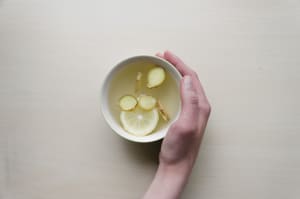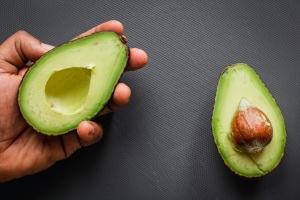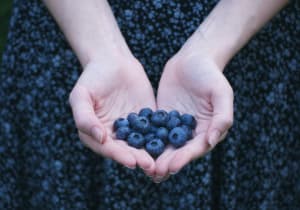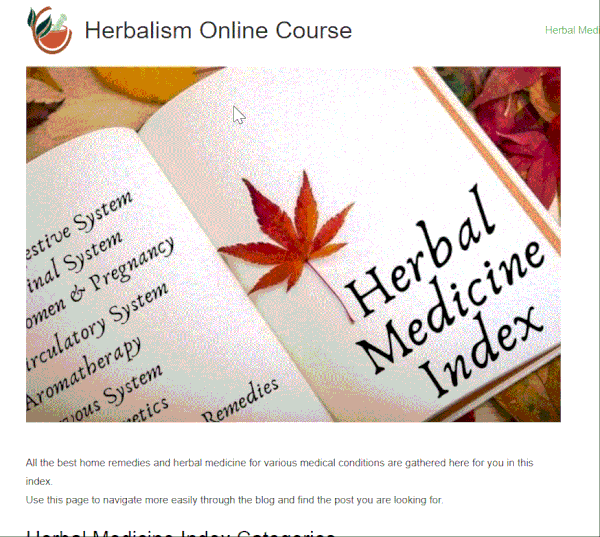What are LDL and HDL?
Are all fats bad?
What are the natural remedies for high cholesterol?
All the answers and more in this post.
What Causes High Cholesterol?

High cholesterol in the blood means the development of medical conditions due to excess lipids in the bloodstream.
Blood lipids are mainly fatty acids and cholesterol.
An excessive amount of lipids in the bloodstream leads to high levels of Low-Density Lipoprotein(“LDL”),
which is considered bad cholesterol.
The LDL accumulates on the walls of blood vessels,
therefore pose a risk of developing heart disease, stroke, and vascular dysfunction.
Also, there may be a deficiency in High-Density Lipoprotein(“HDL”) which is the good cholesterol that reduces the excess cholesterol in the body.
A high level of cholesterol is caused by diet or due to a genetic predisposition.
So now that we know what causes high cholesterol I will elaborate on the natural methods and remedies for its treatment.
Daily Routine and Diet
Do Sport on a Regular Basis
Doing sport can raise the level of good cholesterol and lower bad cholesterol.
Garlic and Turmeric
- Fresh garlic cloves can reduce LDL levels and increase HDL, it is recommended to eat 2 cloves of garlic a day.
- Like garlic, turmeric is a very common ingredient on many lists of home remedies.
It is an antioxidant and it improves the blood flow in our body and it has a cleansing ability.
You can make a turmeric infusion or add it as a spice or herb to a variety of foods.
Lemon and Tea

- Lemon helps remove waste from the body.
Drink a glass of half a freshly squeezed lemon and water, on an empty stomach, every morning. - Drink Chinese green tea.
Oatmeal
Oatmeal absorbs toxins and is therefore excellent for cholesterol problems.
It is better to consume coarse oats and cook for a long time rather than using the prepared oatmeal whose nutritional values are low.
Nuts and Seeds and Artichoke
- Walnuts, flaxseed, and pumpkin seeds contain Omega 3 which prevents atherosclerosis and helps reduce cholesterol.
- Almonds and cashews contain generous amounts of unsaturated fat, which helps reduce cholesterol levels.
- Artichoke regulates blood pressure.
Fruits
It is recommended to eat fruits such as kiwis, apples, and oranges.
“Good” Fat

As a fact, not all fats raise cholesterol and some fats even help prevent its damage and raise good cholesterol.
Olive oil, avocados, flaxseed, nuts, and other fatty foods contain essential fats for health, such as omega-3.
This fatty acid works, among other things, to lower the number of triglycerides in the blood and reduce the level of cholesterol.
Be sure to eat these foods at the expense of foods rich in fats that contribute to bad cholesterol,
and thus you will double the benefit.
Avoid

- First, note that animal fat is rich in cholesterol: meat, cheese, eggs, and butter for example.
- Avoid eating and drinking too much at once.
- Avoid stress, stress increases the bad cholesterol in your body.
- Don’t exaggerate in drinking wine.
- Exclude processed, fatty foods from the menu and to avoid sugary drinks.
- Avoid smoking.



